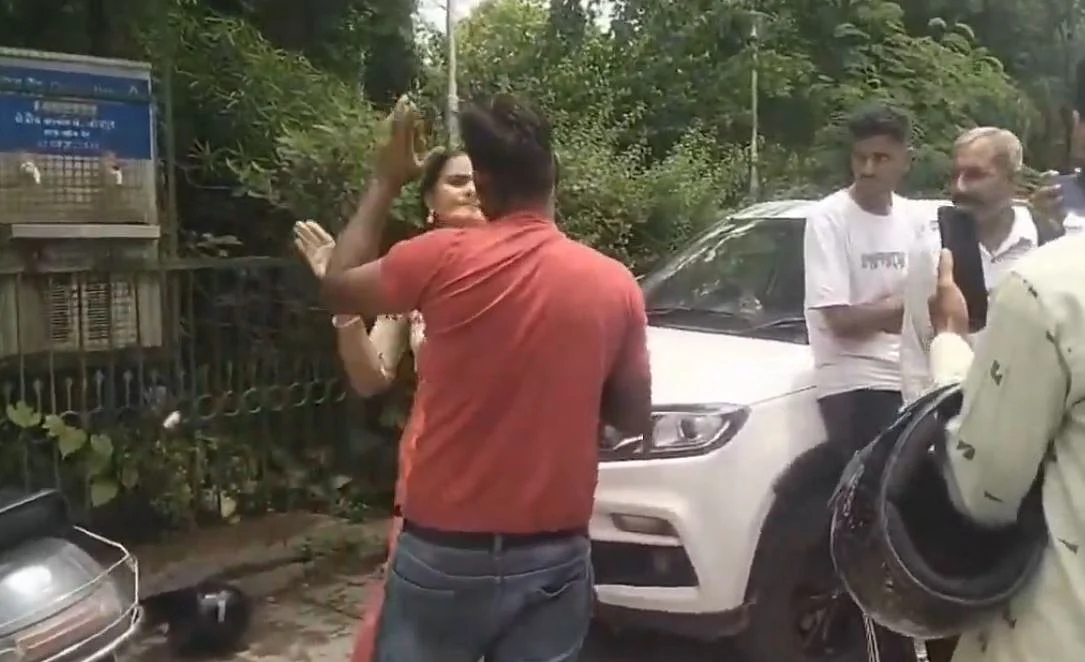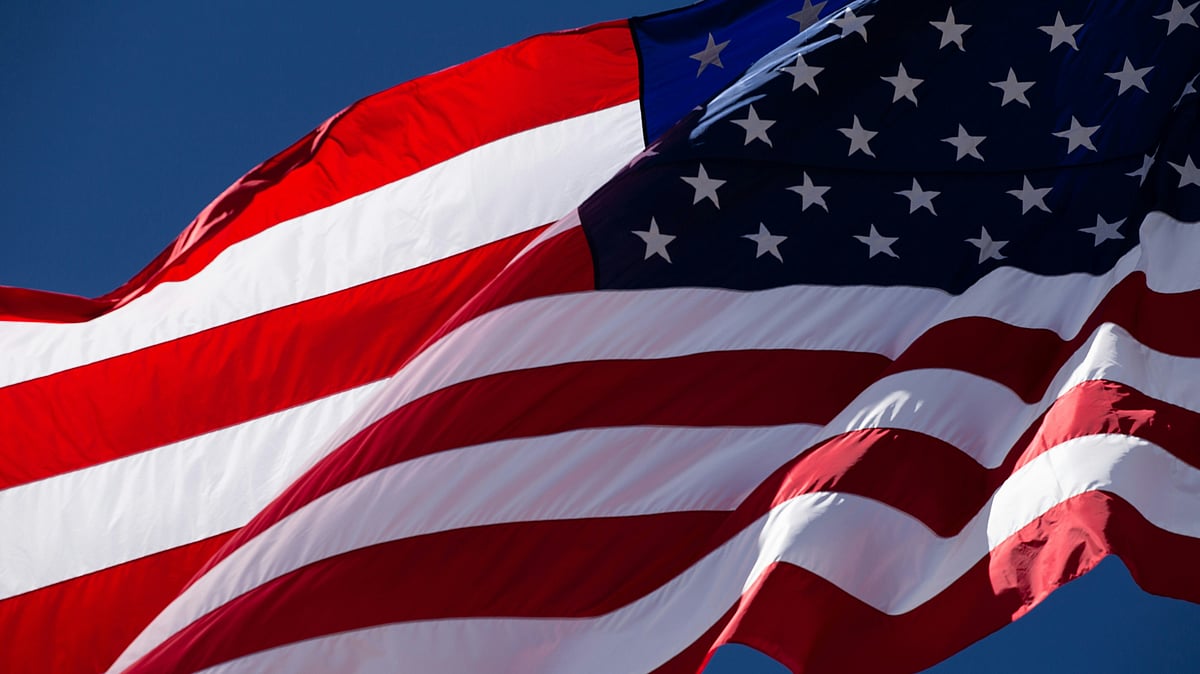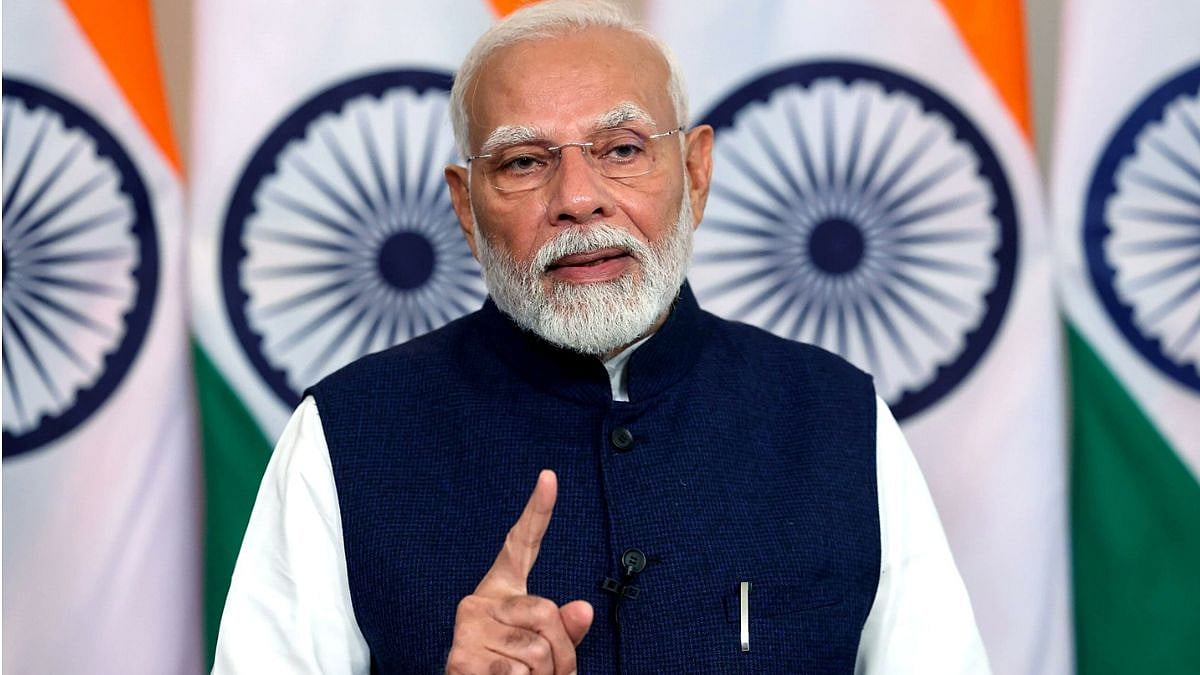Prime Minister ,Narendra Modi’s upcoming four-day foreign tour starting today —his first major bilateral outreach after returning to power—carries profound implications for India’s diplomacy, trade, and regional influence. From July 23 to 26, 2025 Modi will visit two countries with vastly different strategic weight but equally critical significance: the United Kingdom and the Maldives.
In London, Modi is expected to finalise the long-delayed Free Trade Agreement (FTA) with the newly elected Labour government of Prime Minister, Keir Starmer. The visit will also symbolise a reset in Indo-UK political relations after the exit of the Conservatives. From London, Modi will travel directly to Male, aiming to mend strained ties with the pro-China leadership of President Mohamed Muizzu and reassert India’s maritime dominance in the Indian Ocean. Together, the two stops underline Modi’s twin-pronged foreign policy approach—deepening economic integration with the West and containing Chinese encroachment in South Asia.
Indo-UK FTA: A Long-Awaited Economic Milestone
The Indo-UK trade deal is poised to be the crown jewel of the London leg of the visit. After fourteen gruelling rounds of negotiation, both governments have concluded the FTA in principle. Modi’s presence will give it the political imprimatur needed to take it across the finish line. This will be Modi’s first visit to Britain since 2018, and his first formal interaction with Starmer, whose Labour Party returned to power after over a decade in opposition.
The FTA, years in the making, is a landmark achievement in India’s post-Brexit engagement with Britain. It promises to double bilateral trade to $120 billion by 2030 and reshape economic flows between the two countries. For India, the agreement opens up duty-free or low-tariff access to British markets for key sectors including textiles, engineering goods, pharmaceuticals, and electric vehicles. Nearly 99 percent of Indian tariff lines will reportedly be covered, giving a strong boost to India’s export ambitions.
Britain’s Gains: Tariff Relief and Strategic Optics
The United Kingdom, in turn, gains substantial tariff relief on premium exports. Scotch whisky, which currently attracts a steep 150 percent duty in India, will see phased cuts—slashing it to 75 percent and eventually 40 percent. British automobiles, food products, and medical devices will also benefit from lowered import barriers. For Starmer, whose government is under pressure to deliver a tangible post-Brexit success, the FTA with India is both a strategic and economic win.
Beyond Trade: Resetting Political Equations
Beyond trade, the London visit will see wide-ranging discussions on security, mobility, innovation, education, and climate cooperation. Modi will meet King Charles III, adding a ceremonial touch that underscores the historical depth of Indo-British ties. More crucially, Modi’s meeting with Starmer will pave the way for a political reset, as the Indian leadership moves to engage a Labour Party that had once antagonised New Delhi with critical resolutions on Kashmir and domestic issues. Starmer has worked to undo that baggage, and Modi’s trip signals acceptance of the overture.
Mobility and Mutual Gains;
One of the key breakthroughs likely to be highlighted is a limited mobility arrangement under which Indian professionals deputed to the UK for up to three years will be exempt from social security contributions. This has long been a sticking point in bilateral labour negotiations. The visit will also produce announcements in areas such as green technology, health partnerships, and clean energy investment, along with academic tie-ups between Indian and British institutions.
Maldives Stop: Diplomacy amid Tension
From the grandeur of London, Modi will move to the strategic theatre of the Maldives, where regional geopolitics is playing out in sharp relief. The visit on July 25–26 marks the first interaction between Modi and President, Mohamed Muizzu, the pro-China leader who came to power in 2023 with an openly antagonistic stance toward India. Muizzu’s “India Out” campaign, which resulted in the removal of Indian military personnel operating surveillance aircraft, triggered one of the worst phases in bilateral ties in recent memory.
Yet the visit is not a confrontation but an attempt to stabilise the relationship. India understands the strategic importance of the Maldives, sitting astride vital sea lanes of the Indian Ocean. By visiting Male despite recent tensions, Modi is sending a clear message: India will not cede its sphere of influence to China, and is willing to re-engage even adversarial neighbours through diplomacy and development.
Development and Defence in Focus;
The Maldives visit will focus on three key areas—strategic cooperation, economic assistance, and soft power engagement. India is likely to reaffirm its support for development projects already in progress, such as the Greater Male Connectivity Project, hospitals, and housing schemes. Modi may announce new lines of credit or grants to counterbalance China’s massive financial commitments, which have pushed Male deeper into Beijing’s orbit.
The defence dialogue, though sensitive, will not be entirely absent. India will seek to maintain maritime surveillance cooperation through civilian arrangements and push for a structured security dialogue, even if discreet. The Indian Ocean remains a contested space, and New Delhi will use this visit to underline its commitment to regional stability and maritime security.
Muizzu’s Balancing Act;
For President Muizzu, hosting Modi is a tightrope act. He needs Indian aid and medical diplomacy—fields where China cannot match India’s historical role—but must also manage nationalist domestic sentiment that thrives on anti-India rhetoric. Modi’s visit, if handled tactfully, could open space for quieter cooperation even as public optics remain guarded.
China Looms over Both Engagements
The Chinese factor looms large in both capitals. In the UK, India is being seen as a counterweight to Chinese influence in the Indo-Pacific and technology supply chains. In the Maldives, India is directly confronting China’s assertive strategy of debt diplomacy and dual-use infrastructure development. Modi’s tour thus serves the dual purpose of drawing Western support in containing China globally, while simultaneously pushing back against Beijing’s encroachment in India’s backyard.
Strategic Duality: Economic and Regional Imperatives
In essence, the tour is a reflection of Modi’s assertive and pragmatic foreign policy, where trade deals are interwoven with strategic deterrence. The UK visit will help project India’s economic reliability and its alignment with Western democracies, while the Maldives stop will reaffirm India’s resolve to remain the net security provider in the Indian Ocean.
Global Projection of Indian Diplomacy;
This back-to-back diplomatic engagement offers a carefully choreographed contrast: one visit to deepen economic interdependence with a G7 nation, and the other to recover lost strategic ground in the region. If Modi’s meetings in London result in a signed FTA and his Male stop yields a stabilised partnership, it would mark a major diplomatic success at a time when global power equations are rapidly shifting.
In a world increasingly defined by Multipolarity, Modi’s dual-track diplomacy—balancing economic convergence with the West and neighbourhood assertion—is emerging as India’s defining foreign policy playbook.
(Writer is strategic affairs columnist and senior political analyst based in Shimla)










